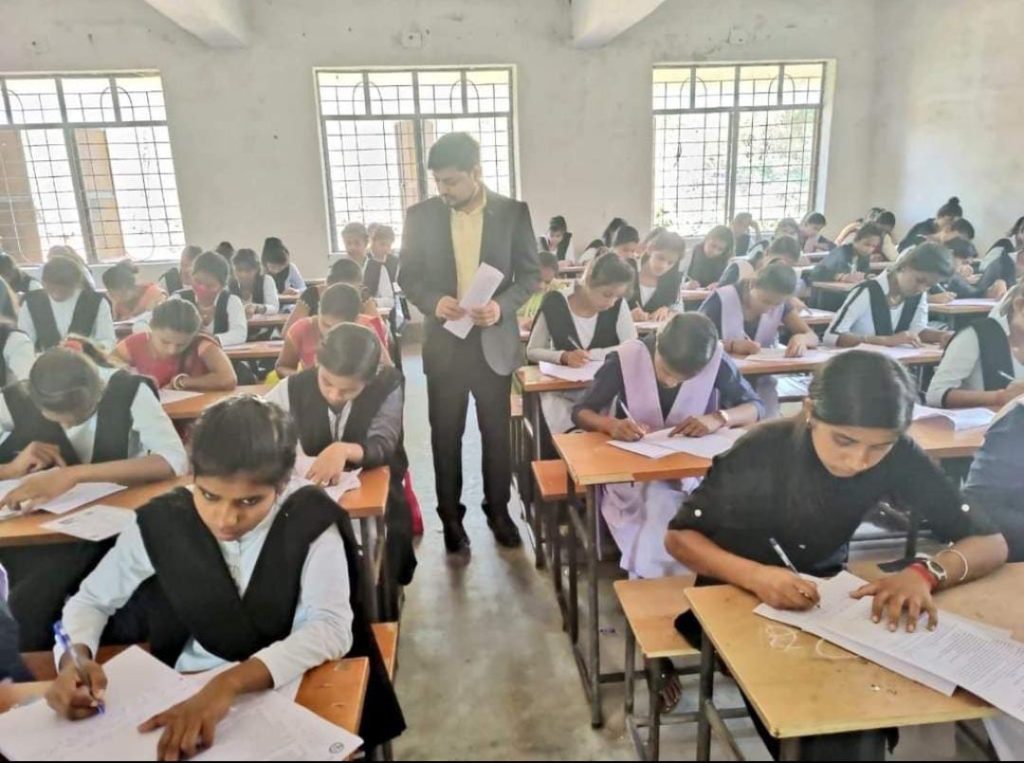Deputy Commissioner of Koderma district in Jharkhand, IAS officer Aditya Ranjan and his team’s efforts in the education sector paid off exceptionally well in this year’s Jharkhand Academic Council’s (JAC) results for the 10th and 12th (Science) board exams. The results proved that they are on the right track as the introduction of a slew of initiatives has brought the desired results within just a few months of their launch.
In an exclusive conversation with Indian Masterminds, Mr. Ranjan shared details about these initiatives and his plans for the future.
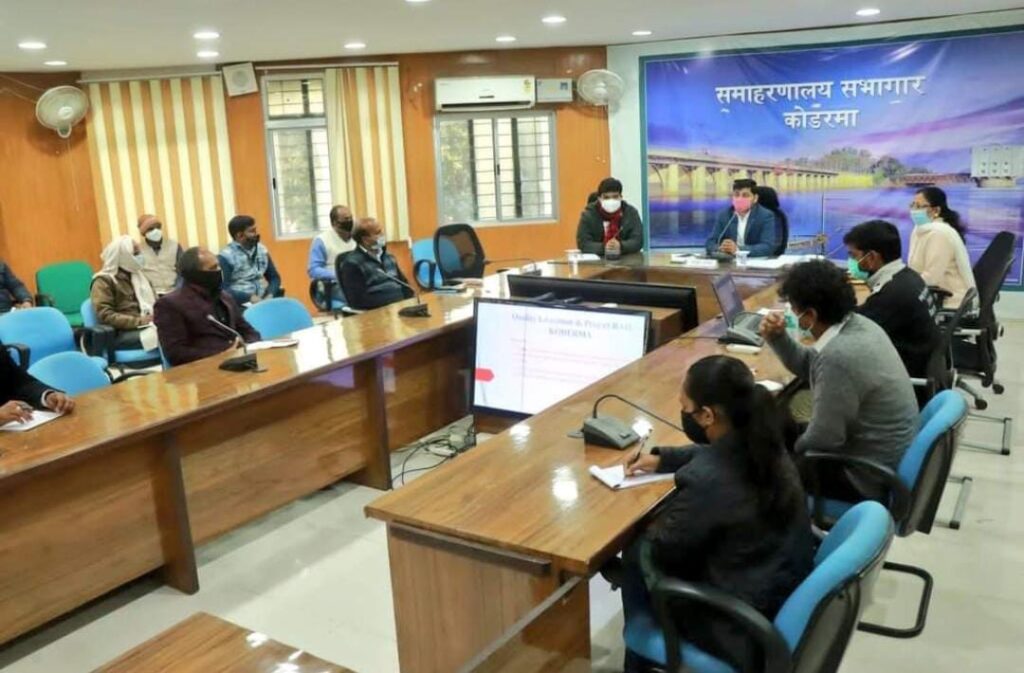
PROJECT RAIL
Koderma district administration’s initiative called Project RAIL (Regular Assessment for Improved Learning) had a major role in ensuring that the students of the district were well prepared and confident to appear for the exams despite the gaps that were created due to the Covid shutdown.
“Covid struck the nation so hard that for almost two years, schools were shut. This resulted in the students going off track in terms of writing since the classes went online and there wasn’t anybody present to watch over them,” says Mr. Ranjan.
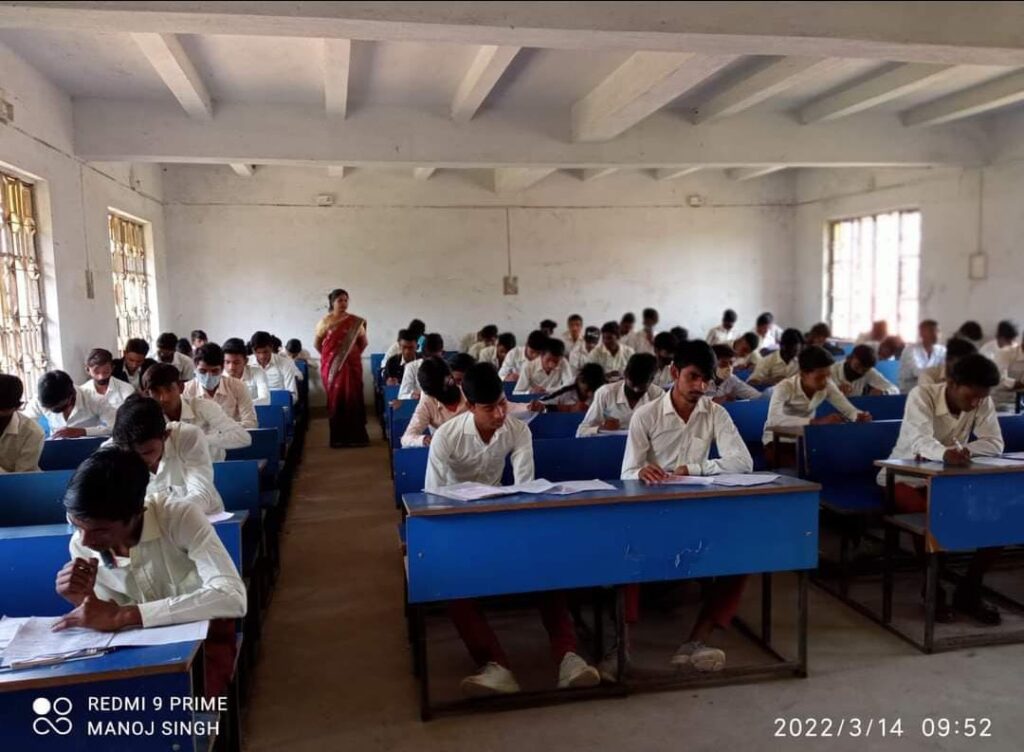
The change in the examination pattern of JAC that happened due to the pandemic included OMR sheets for objective questions as it is considered more accessible to work and mark, compared to long subjective answers.
All these abrupt changes began hampering the students’ progress.
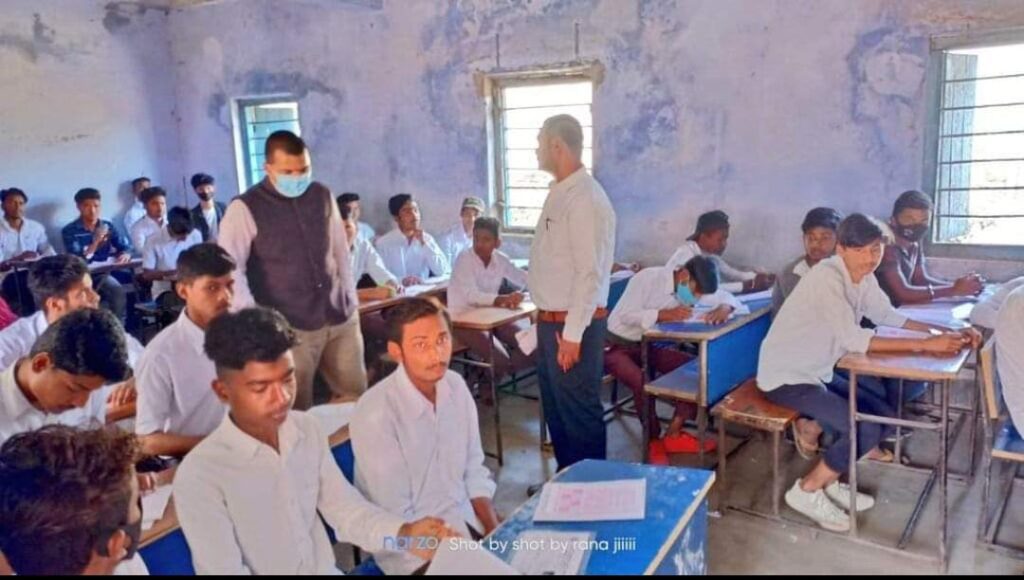
IMPLEMENTATION OF PROJECT RAIL
After the reopening of schools, students were very puzzled about the uncertainties around the board exams and the newly introduced pattern by JAC.
Project RAIL was started with a vision to ensure student readiness and remove the fear of exams for board aspirants through weekly tests and bridge the learning gap created by school closure due to the pandemic.
“Under Project RAIL, we conducted weekly tests centrally so that the timings were synchronized for all the schools from classes 6th to 12th. Tests were conducted for all the subjects but we especially focused on subjects like English, Maths, and Science as these are the three subjects in which most government students fail,” he told Indian Masterminds.
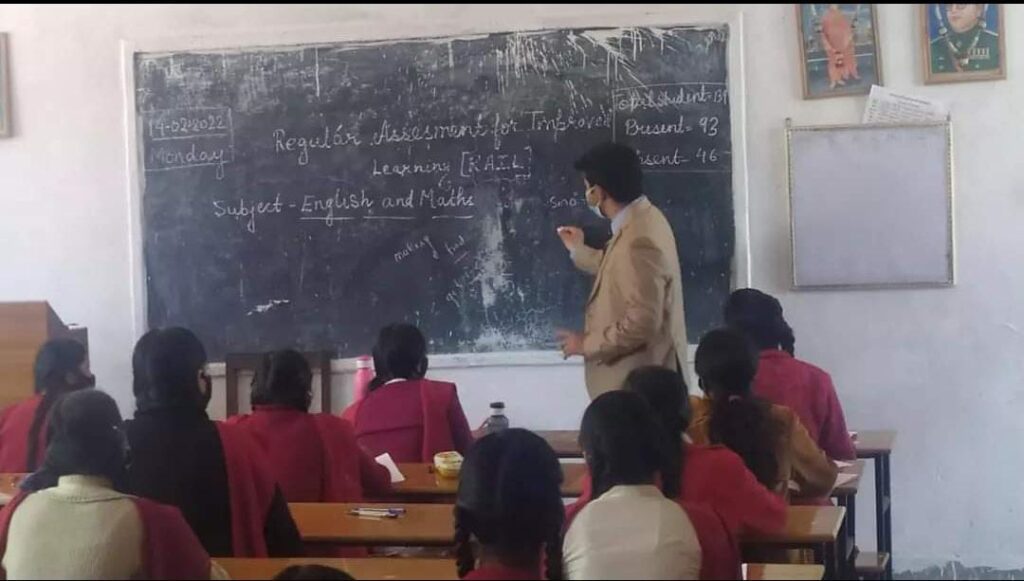
Project RAIL’s test series helped schools that lacked skilled teachers. Through these centralized tests, children and teachers were motivated to focus on all subjects because they had to give the tests, the results of which were tracked through the progress reports.
A progress register was formed in all schools with the students’ names, dates, subjects, and marks which helped the administration to track their progress. The teachers kept a record of the register and worked on students accordingly.
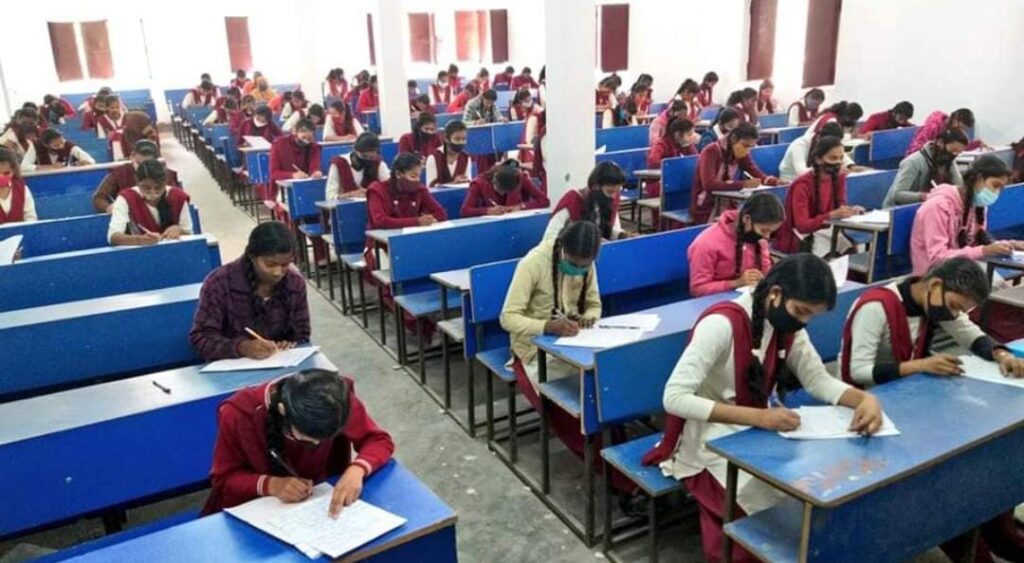
ENSURING ATTENDANCE
Attendance is a serious issue in government schools. Students usually take off on Saturdays and Mondays to help their parents in the fields. Project RAIL eliminated attendance issues as well by ensuring that kids attended school, especially on Saturdays and Mondays.
“We conducted the tests on Saturday and announced the results on Monday. Naturally, every kid wanted to give the test and know the results. The parents also didn’t pressurize them to miss these days of school. We saw a significant change in the attendance of the students, especially on these days, which proved to be beneficial,” shared Mr. Ranjan.
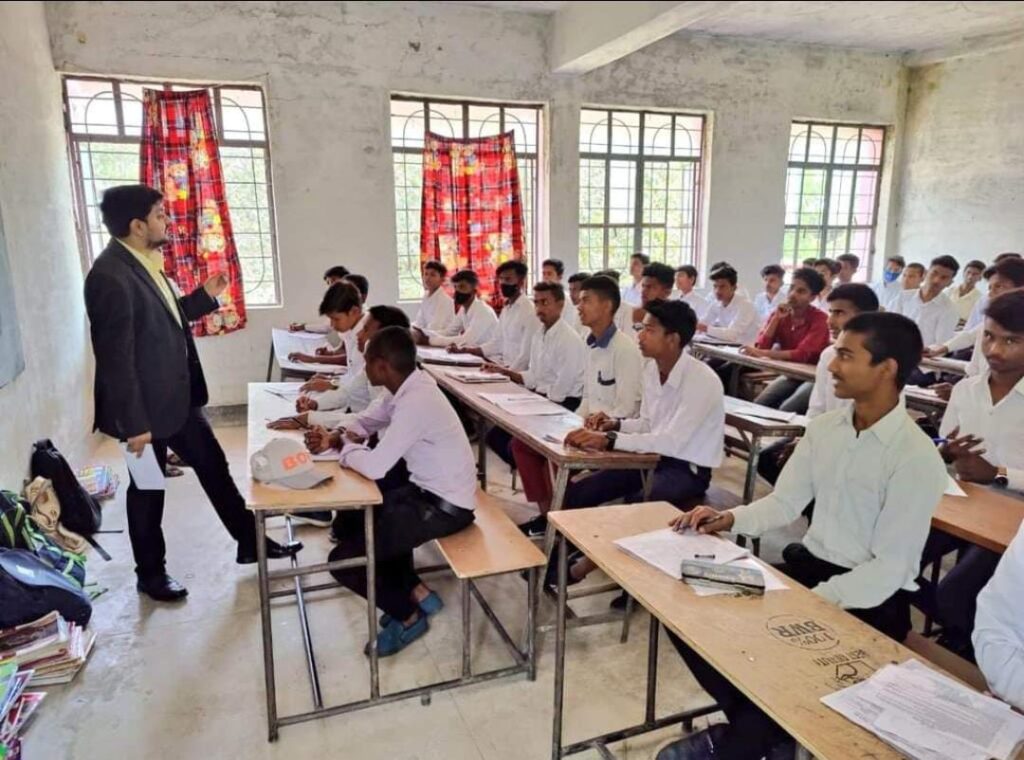
SUCCESSFUL PILOT PROJECT
The initiative started on a pilot phase in five schools targeting 6000 students in the Koderma block. After achieving a positive outcome at the pilot stage, the initiative was then scaled up to all schools of Koderma and more than 12000 students became part of the project.
The pilot project became such a hit within just a few months that the Koderma district created history by becoming the first-ever district to secure the first rank among all districts of Jharkhand in both the board exams (10th and 12th, Science).
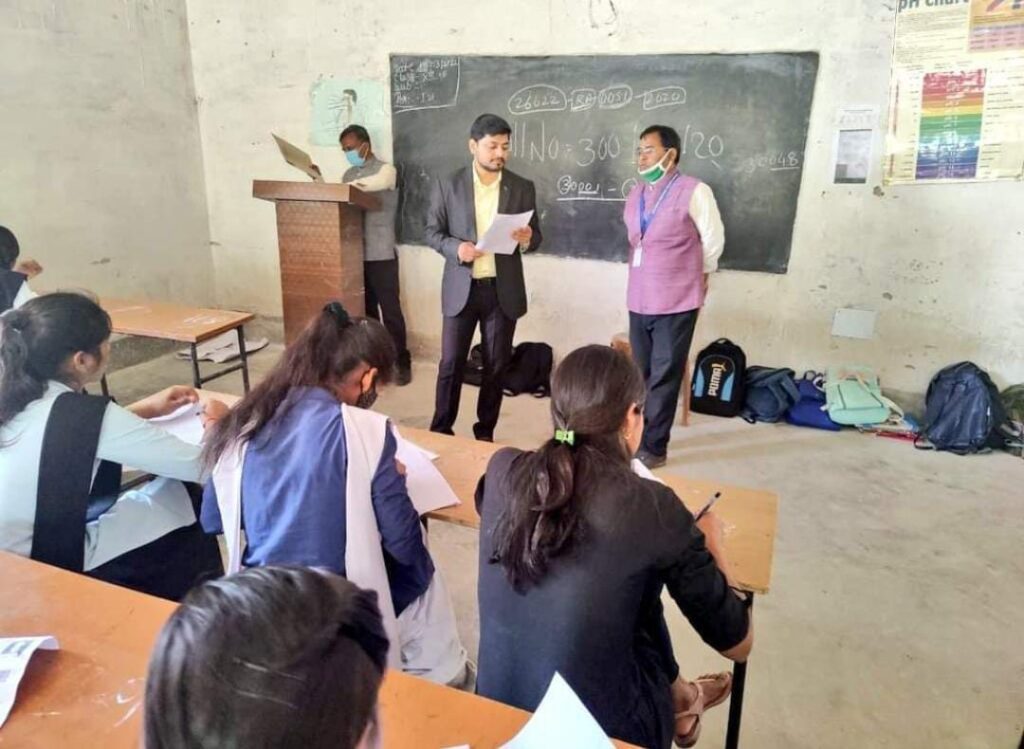
PLANS TO UPSCALE
After witnessing such amazing outcomes, Mr. Ranjan now plans to upscale the project from the new academic year. The pilot project was a zero-budget project under which each school was assigned a lead teacher, who was active and dedicated to the project and the well-being of the students.
A panel of teachers was assigned who set up the question papers every week in the district headquarters. These question papers were then forwarded to lead teachers through WhatsApp groups, who further sent them to their school groups including class teachers. These class teachers ultimately became invigilators during the exam. They wrote the questions on the blackboard and the students wrote answers in their copies, which they later tore and submitted to the teacher.
From this year, the officer is planning to drop the zero budget and fund the project using district funds. This will enable him to get the question papers printed and provide a real sense of examination to the students.
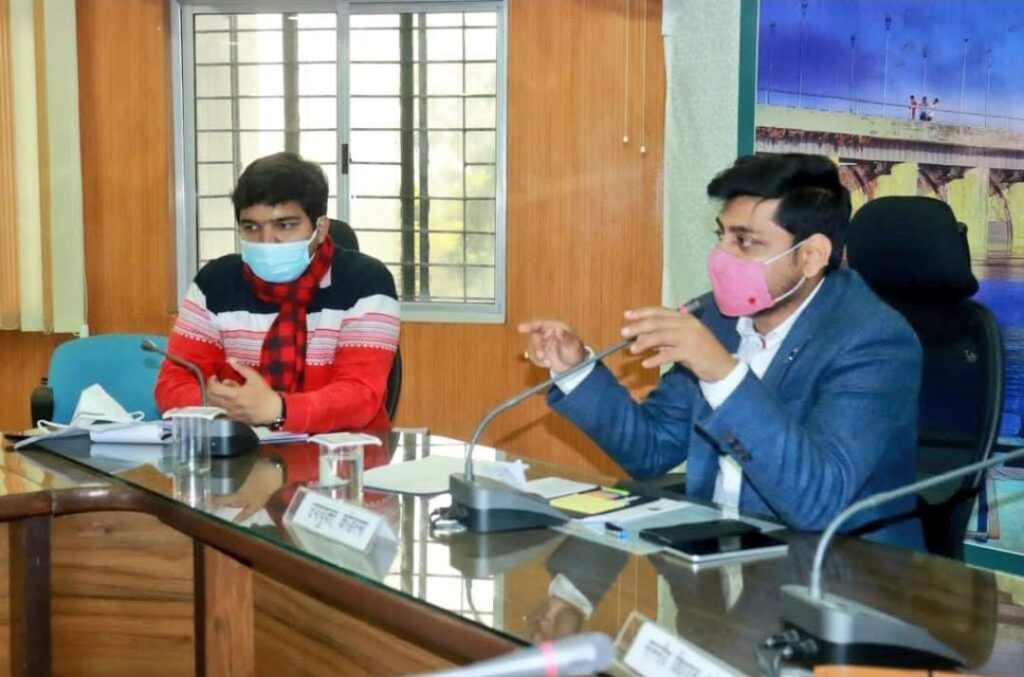
Further, Mr. Ranjan is planning to conduct ‘pre-board’ examinations for not just class 10th and 12th, but all the classes from class 6th. The students will have to give a ‘pre-annual’ examination which will be conducted before the annual examination given at the end of the academic year.
The officer also plans to convert the progress registers into excel sheets so that he is also able to access the progress and keep track of everything. This will help him to also observe the growth of schools along with the students’ growth, which will further help him in ranking the teachers accordingly.

